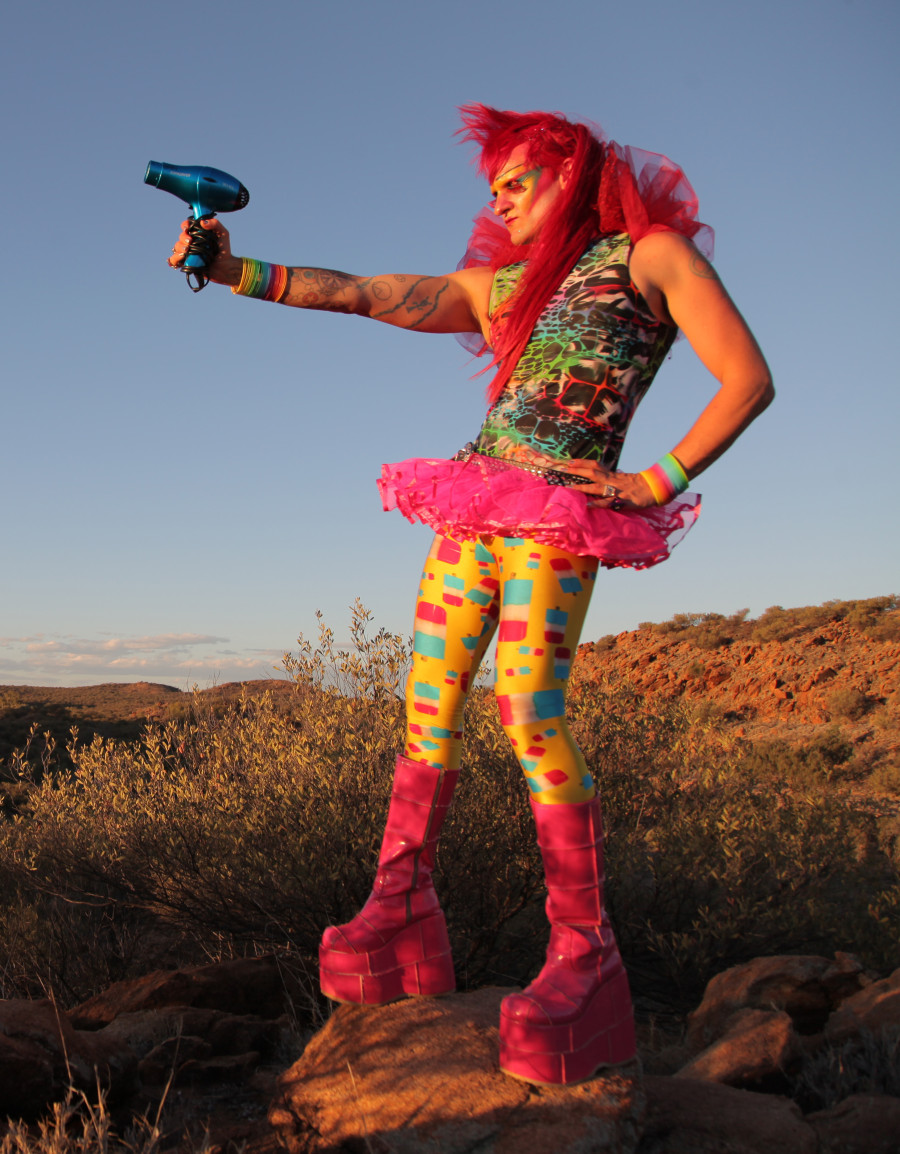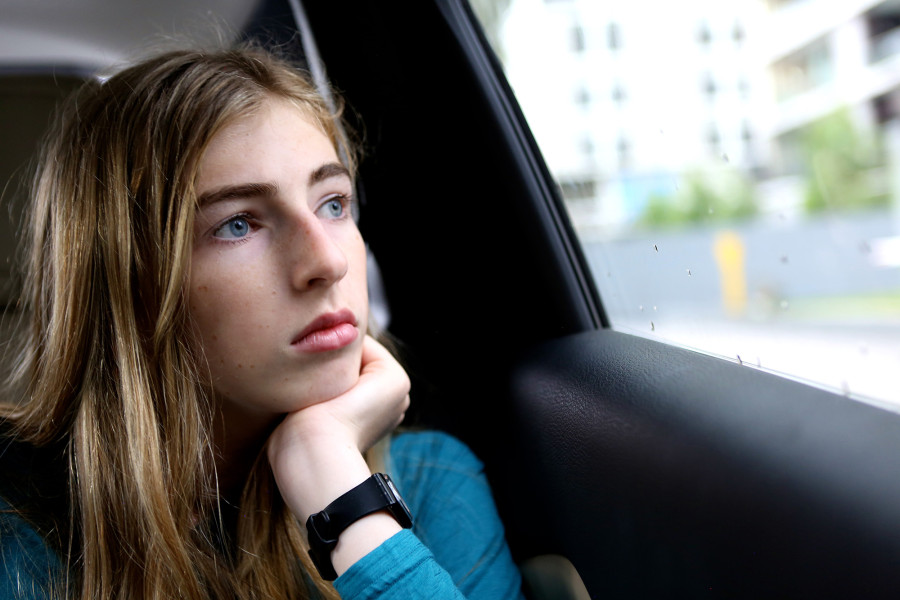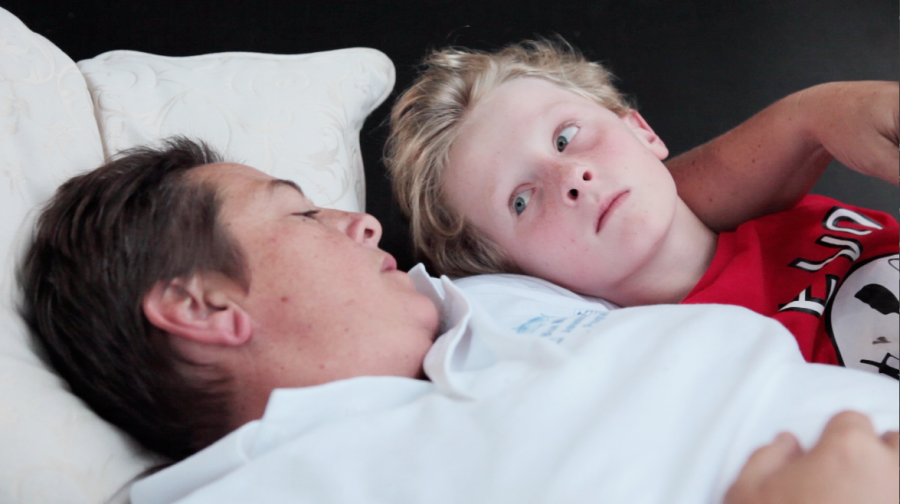Approach
Films don’t change the world on their own - people and social movements do. Our work is all about making these connections.
We know that films can be a powerful way to amplify voices and encourage change, but not in and of themselves.
“We wish to acknowledge it is all of our responsibility to shoulder the burden of change. It is especially important that those of us who benefit from the privilege of inequitable, exclusive and racist systems, use our spheres of influence and power to shine light on this injustice and work as allies to support the continued resistance and agency of communities.”
- Rachel Naninaaq Edwardson
While every project is unique our work is guided by the following principles:
Those with lived experience are the experts and their presence and voices should be at the centre of all of the work, decision making and public discussions.
The need for collaboration. Good media (and real social change) happens through working in partnership and networks. Experts and those with lived experience are fundamental to this work. There are no superheros - change comes from relationships, planning and collective grunt.
Everything is connected. Genuine solutions do not exist within silos. Systems thinking and intersectional understandings guide our work.
We have an ongoing commitment to always learning about and building towards cultural safety.
Impact relies on delivering high quality artwork that is engaging and has integrity.
Transparency with each other, our partners and our community.
We take risks and are brave in our decision making, the projects we work on and the positions we take.
We are agile & flexible.
We centre generosity and a theory of abundance by aiming to support others working in our field. We see ourselves in relationship with other change makers and filmmakers and want to share the knowledge, resources, access and power we have with others.


A Note on Power
As media makers we have a responsibility to actively challenge the history of exploitation and misappropriation so prevalent in our media industries.
Media projects, and in particular documentary works, often aim to reveal stories with and about marginalised peoples who are having their political, economic, sexual, environmental, gender-based or racial struggles intimately captured. These contributors are often expected to centre themselves in the media release of a film, where their lives are lucratively splashed across public spheres without much consideration for their safety. - David Vadiveloo, Amiun
If we want to use our media works in impact producing to spark cultural shifts, change behaviours and inspire audiences to take action, then we need to work in deep collaboration with those represented in our films from production to release and ensure an ongoing deep process of mutual benefit and power distribution. We need to consider our inherent biases, and train ourselves to give real agency to those whose stories we work to share.
